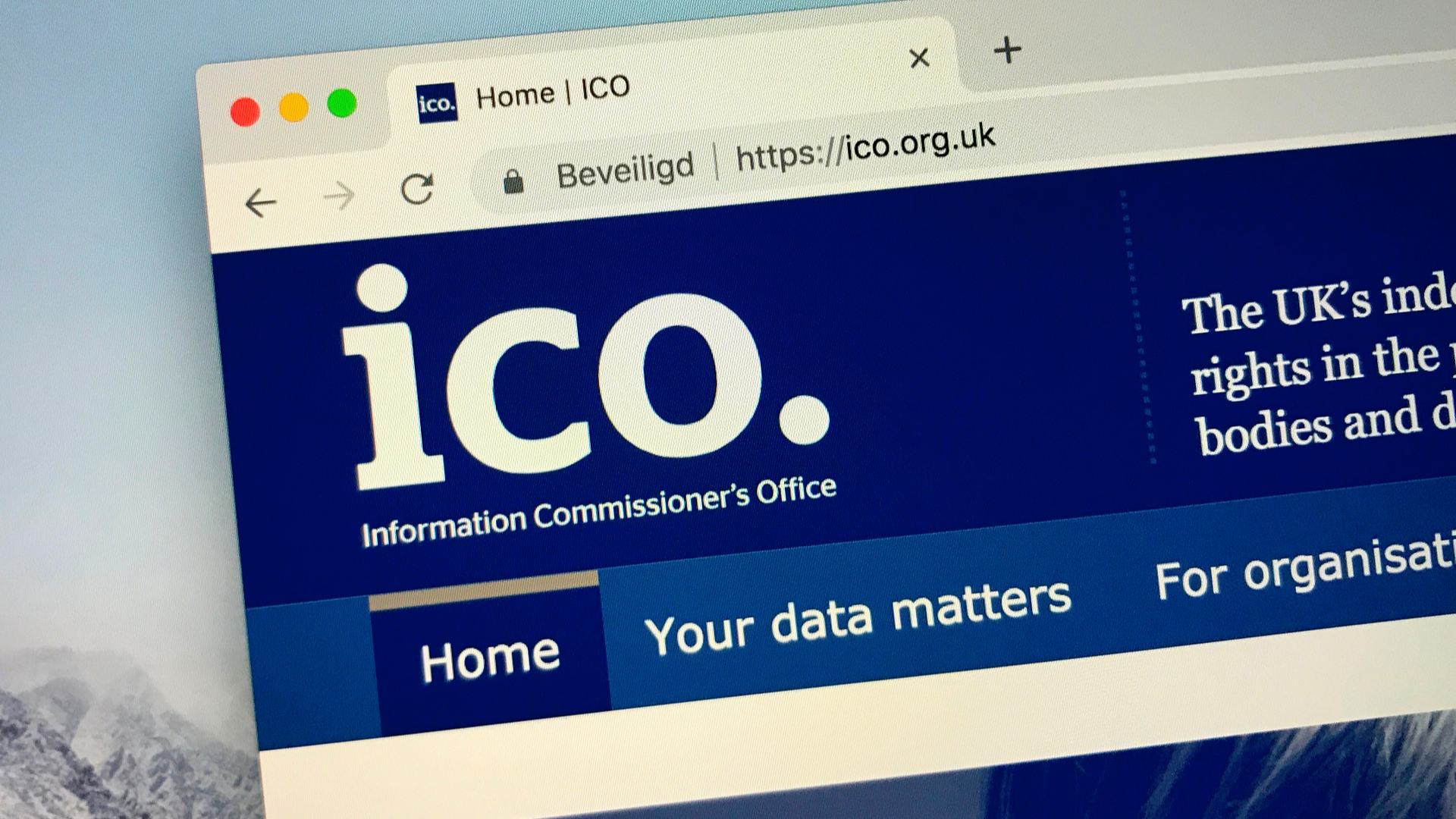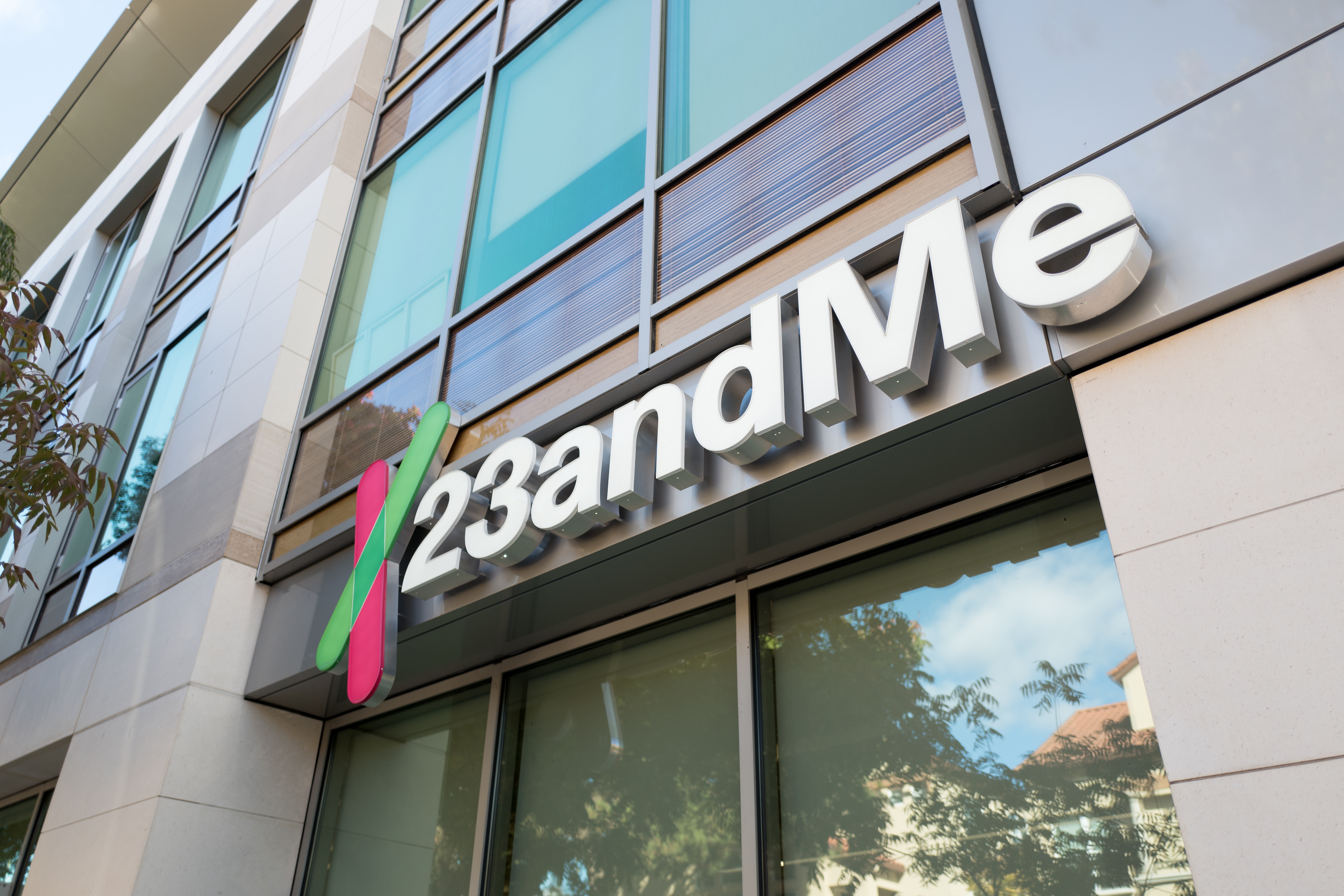ICO to relax GDPR enforcement during coronavirus economic downturn
Fines for data breaches likely to be much lower until organisations can recover


Sign up today and you will receive a free copy of our Future Focus 2025 report - the leading guidance on AI, cybersecurity and other IT challenges as per 700+ senior executives
You are now subscribed
Your newsletter sign-up was successful
The UK data regulator has said it will adopt a lighter touch while organisations weather the economic effects of COVID-19, meaning fewer investigations and reduced fines.
When issuing fines for Data Protection Act 2018 and GDPR breaches, the Information Commissioner’s Office (ICO) will now take into account whether an organisation’s financial difficulties result from the coronavirus crisis.
As such, businesses found to have committed data protection violations may be given longer than usual to rectify breaches that predate the crisis, where the crisis has affected its ability to put things right.
The regulator will also reduce the level of fines it issues, according to fresh guidance, meaning we aren’t likely to fines of the same scale as those levied against British Airways and Marriott last year.
BA and Marriott were each delivered notices of intent to fine £183 million and £99 million in 2019 for data breaches committed after GDPR came into force. The ICO has prolonged the collection of these fines to May 2020, however, after several delays.
“We see the organisations facing staff and capacity shortages. We see the public bodies facing severe front-line pressures. And we see the many businesses facing acute financial pressures,” said the Information Commissioner Elizabeth Denham. “Against this backdrop, it is right that we must adjust our regulatory approach.
“It is important that we regulate for the time we are in now, but it is important too that we look to the future. Data protection can play a central role in promoting economic growth when we come out of this pandemic: encouraging public trust in innovation and supporting the UK as it steps forward in the global economy.”
Sign up today and you will receive a free copy of our Future Focus 2025 report - the leading guidance on AI, cybersecurity and other IT challenges as per 700+ senior executives
The COVID-19 pandemic has affected different kinds of organisations in different ways, with many struggling to stay in business, while others are migrating their workforce to remote working patterns.
The data regulator’s intervention suggests it sees its role as one that’s dynamic and responsive to the wider economic situation, and that its priority is not to financially cripple businesses who violate the DPA.
Some things will remain the same, such as a limit of 72 hours being given for organisations to report a data breach, although guidance suggests there may be some leeway, because “the current crisis may impact this”.
When conducting investigations, moreover, the ICO will act in the context of the public health emergency and take into account the financial and staffing impact of the crisis on every business it examines.
RELATED RESOURCE

Don’t just collect data, innovate with it.
Removing the barriers to the experience economy
In practice, this means a reduction in the use of formal powers to compel organisations to provide evidence, and allowing longer periods for them to respond. The ICO will also conduct fewer investigations overall, focussing its attention instead on those circumstances which suggest serious non-compliance.
In addition, the ICO may not act against organisations that fail to pay or renew data protection fees if this is successfully linked with the economic consequences of COVID-19.
All audit work, meanwhile, has been suspended, and all regulatory action in connection with outstanding information request backlogs has also been paused. Businesses have also given some leeway on fulfilling Subject Access Requests (SARs), with the regulator noting that staff may need to prioritise other work during the crisis.
By watering down these considerations for action, and offering more flexibility for businesses that don’t stick by the rules, however, the ICO leaves itself open to the accusation it’s softening the deterrent against breaching GDPR.
However, global co-head of the privacy and cyber security practice at Hogan Lovells, Eduardo Ustaran, argues the ICO is simply providing reassurance at a time of great uncertainty.
“The ICO is not saying that it will not fulfil its regulatory duties or enforce the law, but that it will take into account the hardships that many organisations are facing when undertaking those duties,” he said.
“It would be a mistake to think that the regulator's words mean that this is a "free for all" scenario and extremely disingenuous of anyone to do so. As ever, data protection law needs to be looked at through the lens of common sense, and today that means taking into account the effect that the coronavirus crisis is having on everything.”
He added it’s clear the ICO won’t stop “doing their job”, and that the organisations will continue to take firm action against those looking to exploit the situation by misusing personal information.

Keumars Afifi-Sabet is a writer and editor that specialises in public sector, cyber security, and cloud computing. He first joined ITPro as a staff writer in April 2018 and eventually became its Features Editor. Although a regular contributor to other tech sites in the past, these days you will find Keumars on LiveScience, where he runs its Technology section.
-
 Anthropic promises ‘Opus-level’ reasoning with new Claude Sonnet 4.6 model
Anthropic promises ‘Opus-level’ reasoning with new Claude Sonnet 4.6 modelNews The latest addition to the Claude family is explicitly intended to power AI agents, with pricing and capabilities designed to attract enterprise attention
-
 Researchers call on password managers to beef up defenses
Researchers call on password managers to beef up defensesNews Analysts at ETH Zurich called for cryptographic standard improvements after a host of password managers were found lacking
-
 LastPass hit with ICO fine after 2022 data breach exposed 1.6 million users – here’s how the incident unfolded
LastPass hit with ICO fine after 2022 data breach exposed 1.6 million users – here’s how the incident unfoldedNews The impact of the LastPass breach was felt by customers as late as December 2024
-
 23andMe 'failed to take basic steps' to safeguard customer data
23andMe 'failed to take basic steps' to safeguard customer dataNews The ICO has strong criticism for the way the genetic testing company responded to a 2023 breach.
-
 Cyber attacks have rocked UK retailers – here's how you can stay safe
Cyber attacks have rocked UK retailers – here's how you can stay safeNews Following recent attacks on retailers, the NCSC urges other firms to make sure they don't fall victim too
-
 ICO admits it's too slow dealing with complaints – so it's eying up automation to cut staff workloads
ICO admits it's too slow dealing with complaints – so it's eying up automation to cut staff workloadsNews The UK's data protection authority has apologized for being slow to respond to data protection complaints, saying it's been overwhelmed by increased workloads.
-
 AI recruitment tools are still a privacy nightmare – here's how the ICO plans to crack down on misuse
AI recruitment tools are still a privacy nightmare – here's how the ICO plans to crack down on misuseNews The ICO has issued guidance for recruiters and AI developers after finding that many are mishandling data
-
 “You must do better”: Information Commissioner John Edwards calls on firms to beef up support for data breach victims
“You must do better”: Information Commissioner John Edwards calls on firms to beef up support for data breach victimsNews Companies need to treat victims with swift, practical action, according to the ICO
-
 LinkedIn backtracks on AI training rules after user backlash
LinkedIn backtracks on AI training rules after user backlashNews UK-based LinkedIn users will now get the same protections as those elsewhere in Europe
-
 UK's data protection watchdog deepens cooperation with National Crime Agency
UK's data protection watchdog deepens cooperation with National Crime AgencyNews The two bodies want to improve the support given to organizations experiencing cyber attacks and ransomware recovery